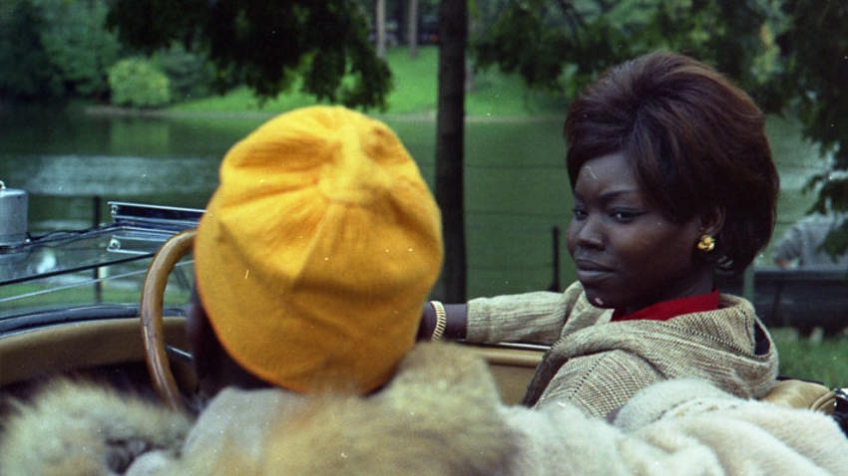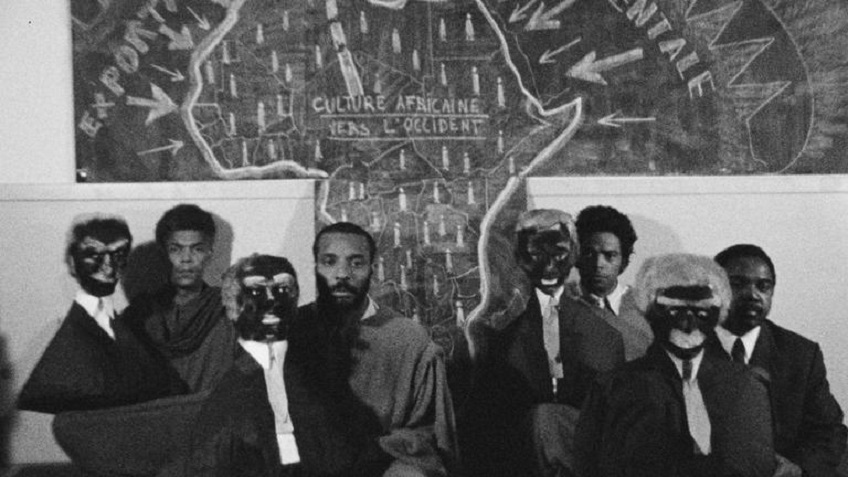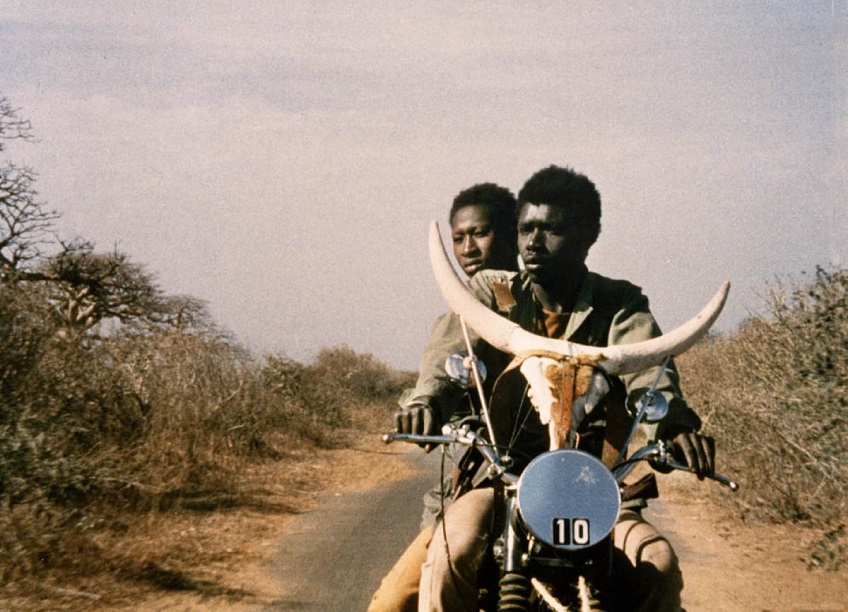A new five-part film season at The Barbican starts this month, focusing on “the relationship between French and Francophone African cinema”. Part of The Barbican’s 2018 season The Art of Change, Returning the Colonial Gaze will present audiences with bold postcolonial cinematography from the 50s through 70s, inclusive of work by “Moroccan, Mauritanian, Senegalese and Nigerien directors”.

Running from 2nd May until 30th May, the aim of these works was to literally mirror back and return the ‘colonial gaze’, presenting a new perspective, questioning the “former occupying nations”, and further exploring “how the arts respond to, reflect and potentially effect change in the social and political landscape”. Challenging the Western viewpoint, these directorial voices were both purposefully disruptive and actively liberating; a powerful artistic reclamation of control.
Soleil O (18) opens the season on 2nd May and is unfortunately sold out, but it is this work by Med Hondo – “one of the first films depicting the experience of migrating from the African Continent to France” – that is most poignantly radical this season at The Barbican. Acerbic, fast-paced, and influenced both by European avant-garde and West African oral traditions, Soleil O remains a filmic “political awakening”, portraying the experience of Mauritian-born accountant Jean and his dire immigrant experience in Paris.

Afrique 50 + To Be 20 in the Aurès (18) is a René Vautier double-bill, the French activist filmmaker who described himself as “the most censored director in France”. Screened on Cinema 3 on 9th May, Afrique 50 concerns itself with French colonial rule, while To Be 20 in Aurès greatly criticises the Algerian war and the brainwashing of its conscripts into killing machines. Creator of over 150 movies, Vautier was regularly in trouble with the authorities over the content of his work, but Afrique 50 saw him imprisoned. Indeed, “censored for over 40 years”, Afrique 50 is now considered France “first anti-colonial film”.

Afrique sur Seine + Little by Little (15) is another double-bill on 15th May, only these two films encapsulate precisely the sentiment of Returning the Colonial Gaze, depicting as they do black Africans ‘discovering’ France as a new country (‘touring’ Paris; experiencing “the bizarre customs of that strange local tribe, Parisians”). Paulin Soumanou Vieyra’s 1955 Afrique sur Seine was the “first film made by Senegalese filmmakers”.
Si Moh, The Unlucky Man + The East Wind (18) grace The Barbican’s Cinema 3 on 23rd May, Moroccan director Moumen Smihi’s purposeful non-Western filmic narratives, part of a post-independence drive to “invent new forms appropriate to the local culture”. The East Wind is certainly not to be missed as an example of the era’s ‘groundbreaking’ cinematographic ‘new language’.

Finally, An Adventurer’s Homecoming + Touki-Bouki (18) bring a closing touch of comedy to Returning the Colonial Gaze on 30th May, parodying as they do the genre of the Western and the film Easy Rider. The intriguing question explored within this double-bill is, “Where is home when colonialism is your inheritance?”
All standard tickets are £10.50; members £8.40; concessions apply.
 Back to Blog
Back to Blog


